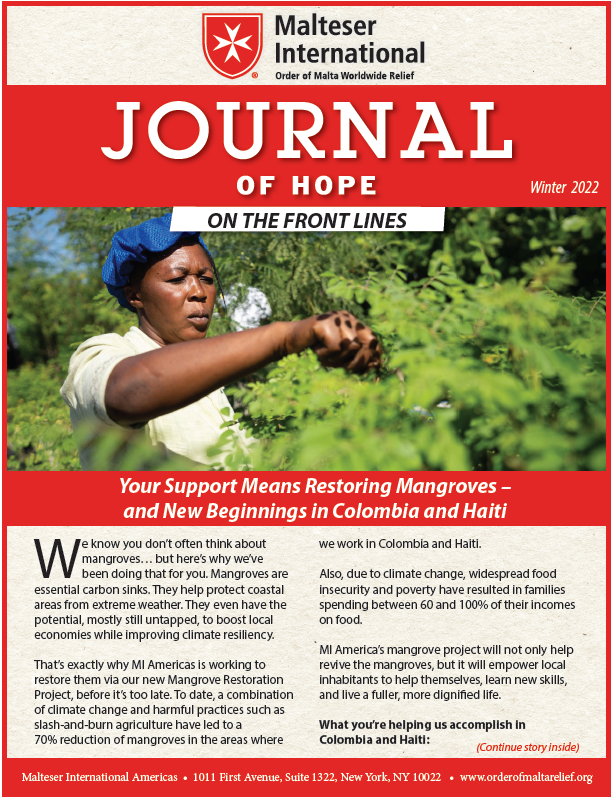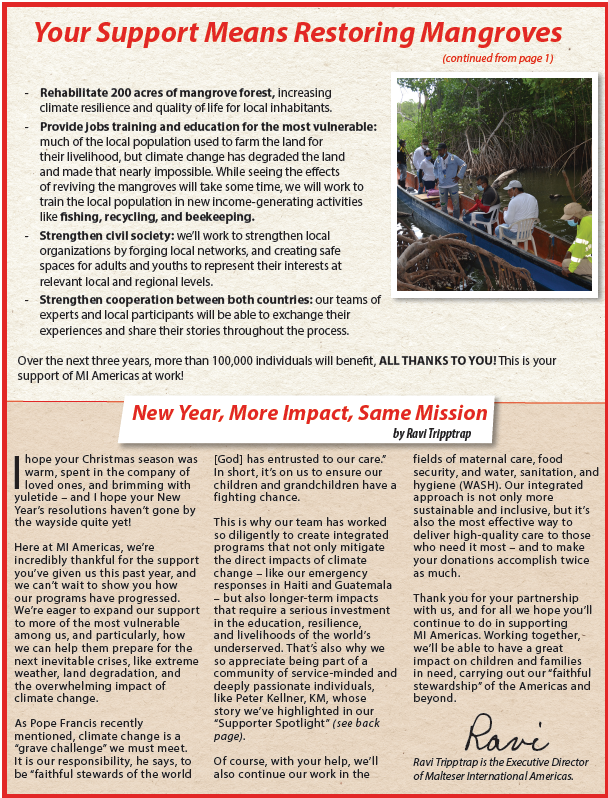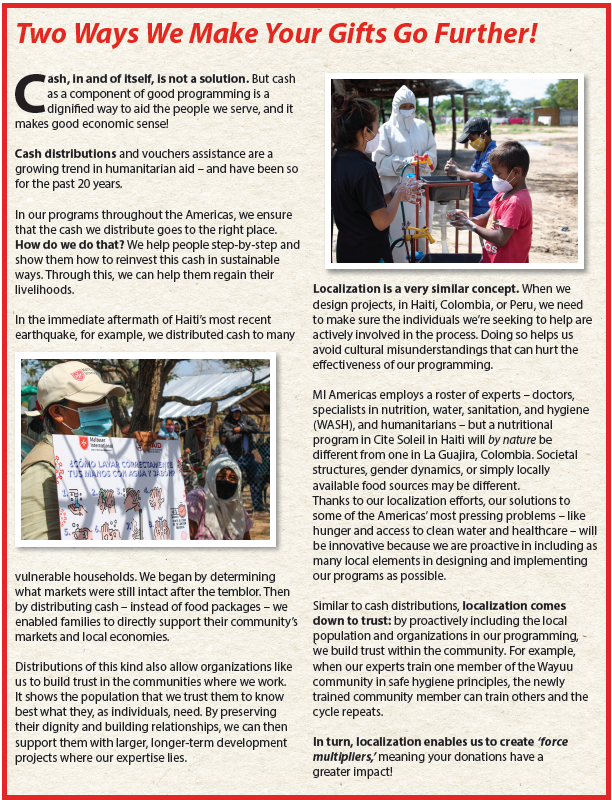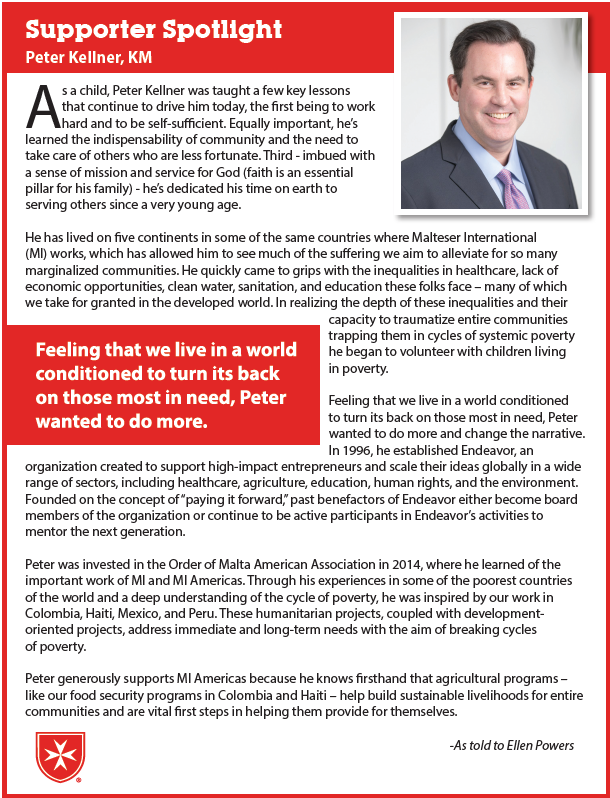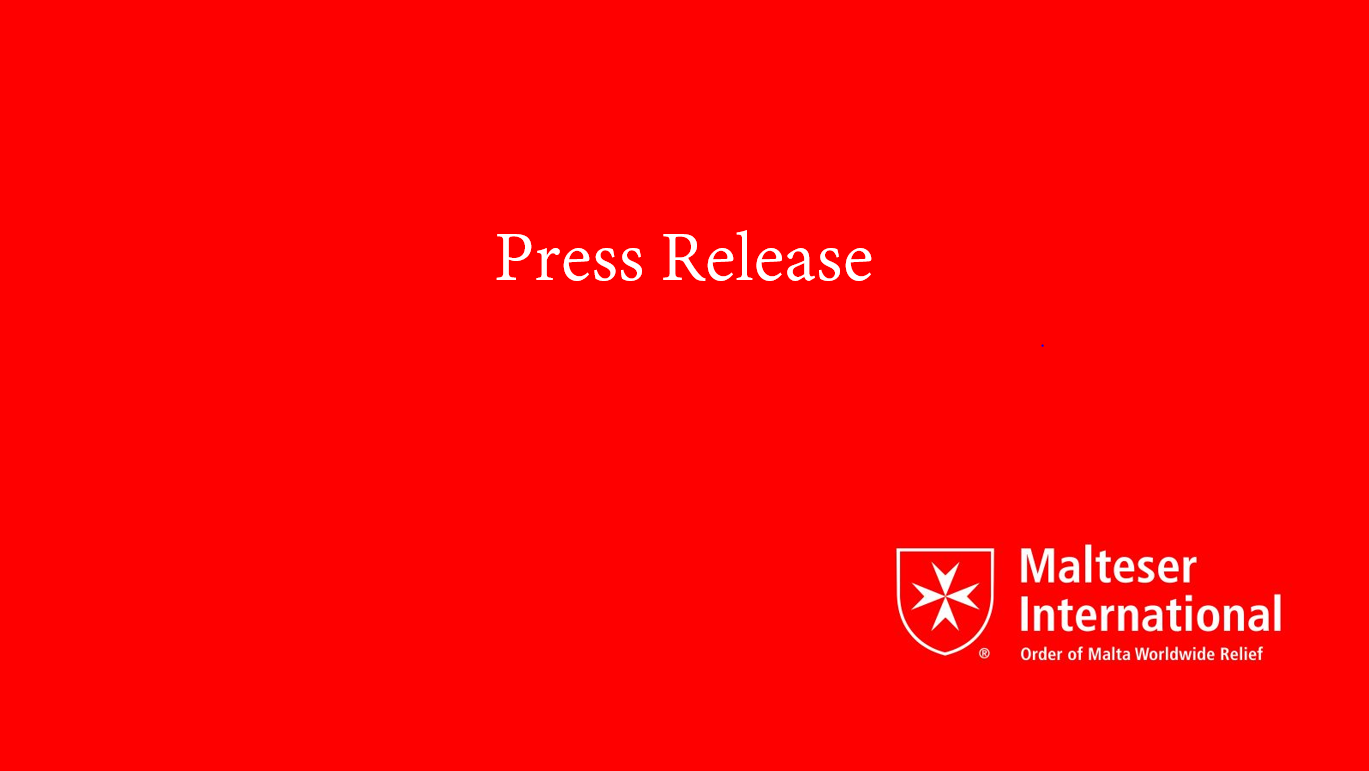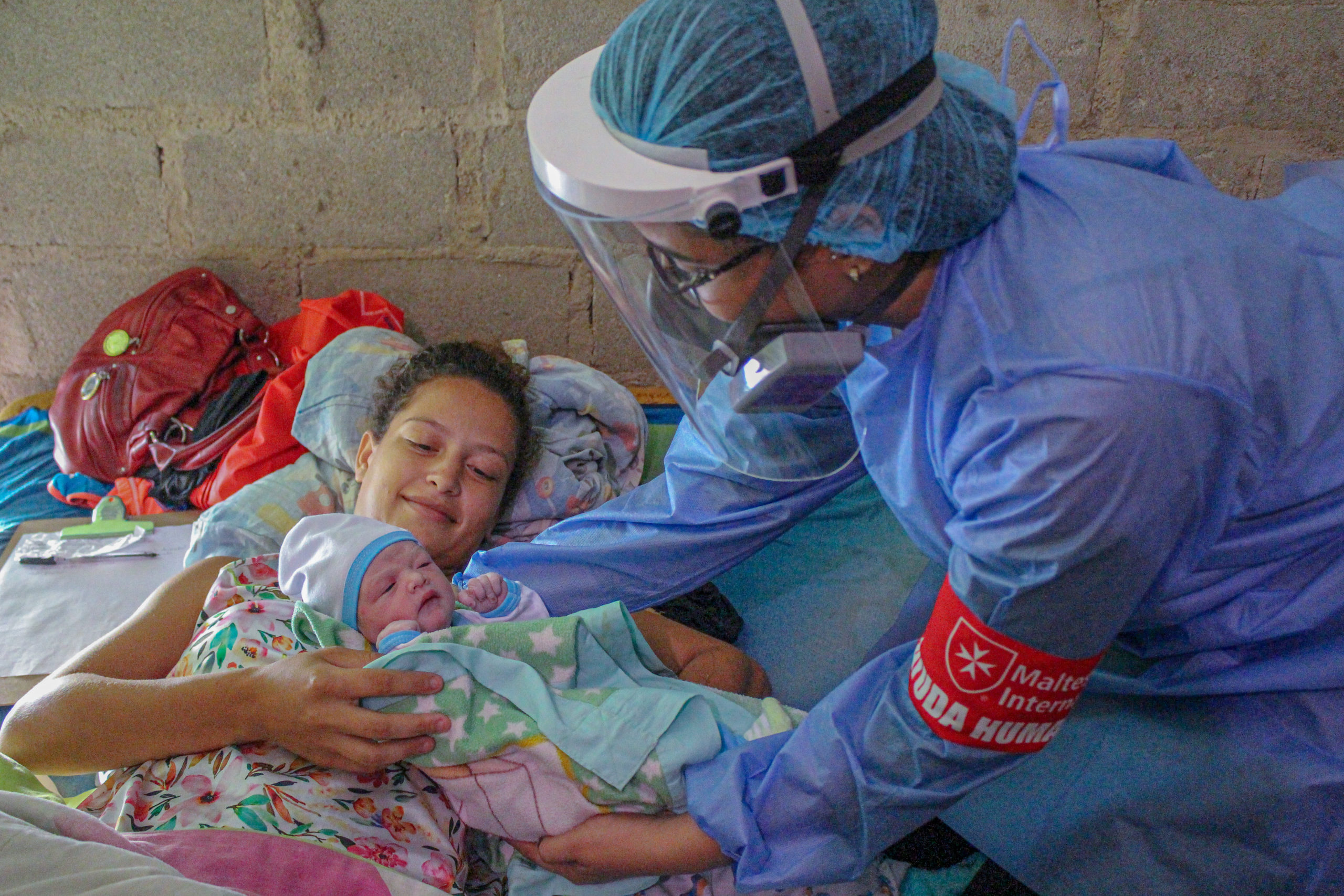Americas
Journal of Hope: Winter 2022
The Journal of Hope is MI Americas’ bi-annual bulletin, sent by mail to our donors. Here, we provide a compact update on all the major highlights from our programs, and profile lifechanging stories of the people we serve and work with.
To become a donor, learn more about our giving options.
To be added to the mailing list, please send us an email with your contact information and address at contact@malteser-international.org.
On the Front Lines
Your Support Means Restoring Mangroves – and New Beginnings in Colombia and Haiti
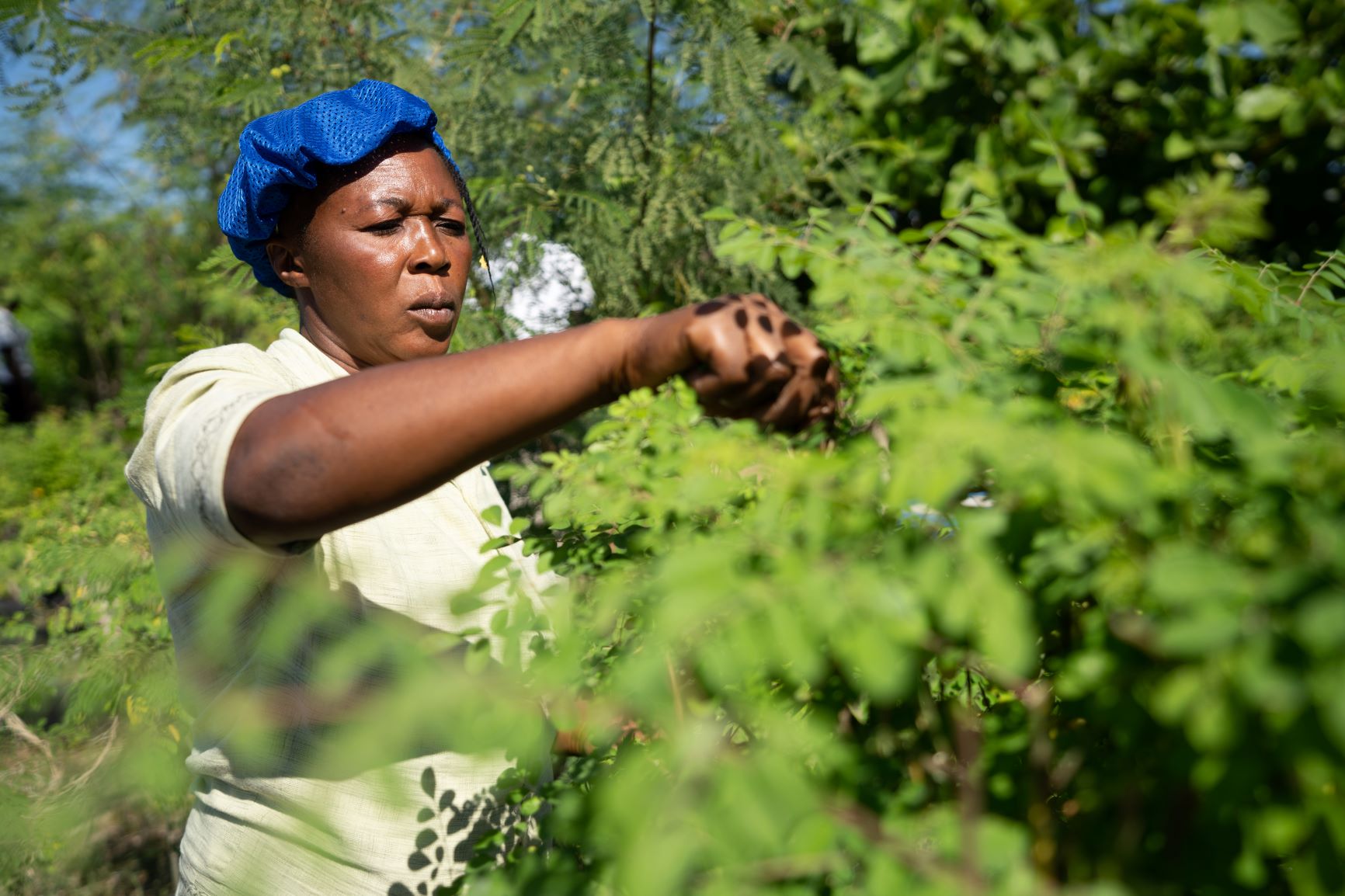 We know you don’t often think about mangroves… but here’s why we’ve been doing that for you. Mangroves are essential carbon sinks. They help protect coastal areas from extreme weather. They even have the potential, mostly still untapped, to boost local
We know you don’t often think about mangroves… but here’s why we’ve been doing that for you. Mangroves are essential carbon sinks. They help protect coastal areas from extreme weather. They even have the potential, mostly still untapped, to boost local
economies while improving climate resiliency. That’s exactly why MI Americas is working to restore them via our new Mangrove Restoration Project, before it’s too late. To date, a combination of climate change and harmful practices such as slash-and-burn agriculture have led to a 70% reduction of mangroves in the areas where we work in Colombia and Haiti.
Also, due to climate change, widespread food insecurity and poverty have resulted in families spending between 60 and 100% of their incomes on food. MI America’s mangrove project will not only help revive the mangroves, but it will empower local inhabitants to help themselves, learn new skills, and live a fuller, more dignified life.
What you’re helping us accomplish in Colombia and Haiti:
- Rehabilitate 200 acres of mangrove forest, increasing climate resilience and quality of life for local inhabitants.
- Provide jobs training and education for the most vulnerable: much of the local population used to farm the land for their livelihood, but climate change has degraded the land and made that nearly impossible. While seeing the effects of reviving the mangroves will take some time, we will work to train the local population in new income-generating activities
like fishing, recycling, and beekeeping. - Strengthen civil society: we’ll work to strengthen local organizations by forging local networks, and creating safe spaces for adults and youths to represent their interests at relevant local and regional levels.
- Strengthen cooperation between both countries: our teams of experts and local participants will be able to exchange their experiences and share their stories throughout the process.
Over the next three years, more than 100,000 individuals will benefit, ALL THANKS TO YOU! This is your support of MI Americas at work!
New Year, More Impact, Same Mission
Letter from the Executive Director
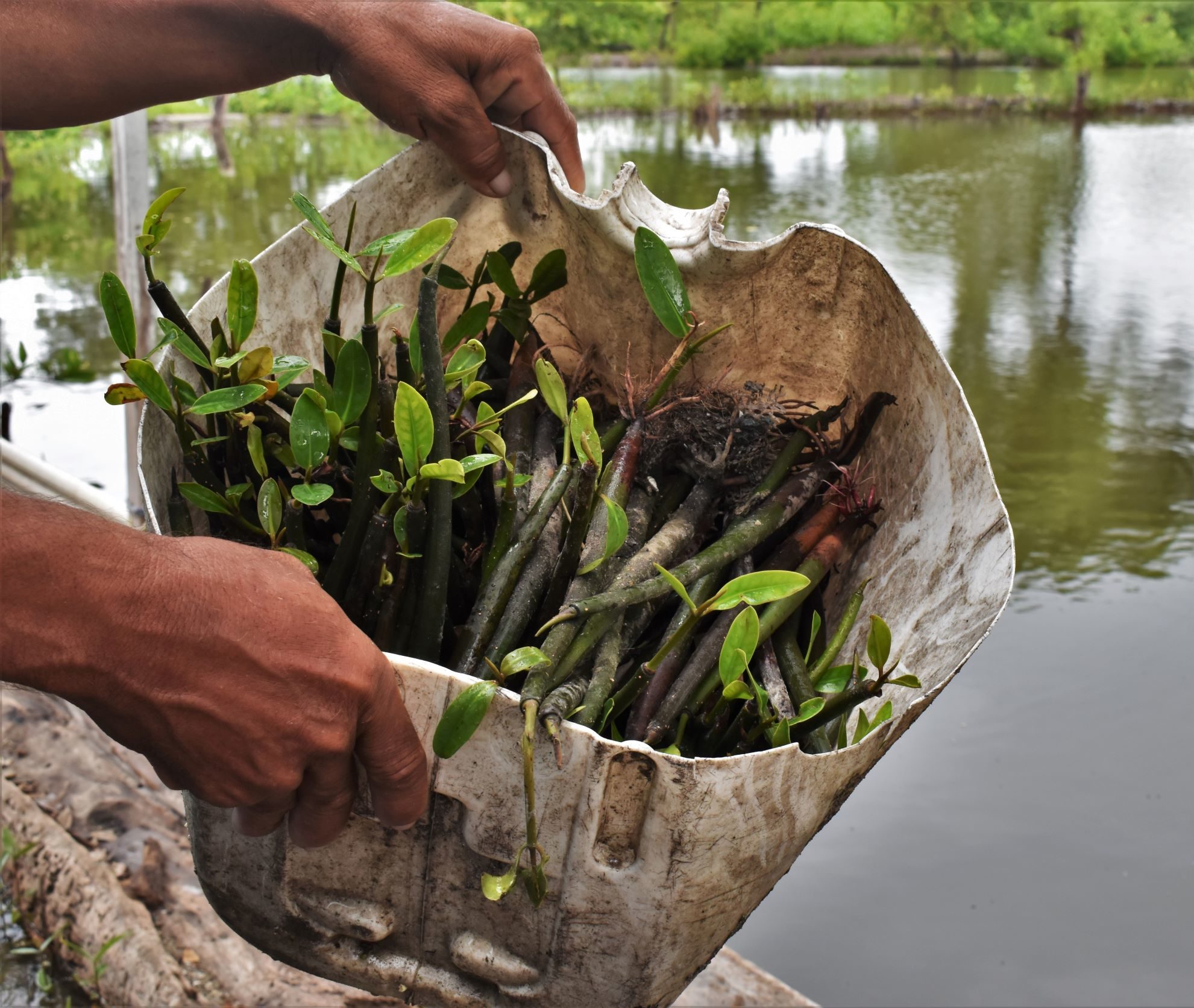 I hope your Christmas season was warm, spent in the company of loved ones, and brimming with yuletide – and I hope your New
I hope your Christmas season was warm, spent in the company of loved ones, and brimming with yuletide – and I hope your New
Year’s resolutions haven’t gone by the wayside quite yet! Here at MI Americas, we’re incredibly thankful for the support you’ve given us this past year, and we can’t wait to show you how our programs have progressed. We’re eager to expand our support to more of the most vulnerable among us, and particularly, how we can help them prepare for the next inevitable crises, like extreme
weather, land degradation, and the overwhelming impact of climate change.
As Pope Francis recently mentioned, climate change is a “grave challenge” we must meet. It is our responsibility, he says, to be “faithful stewards of the world [God] has entrusted to our care.” In short, it’s on us to ensure our children and grandchildren have a fighting chance.
This is why our team has worked so diligently to create integrated programs that not only mitigate the direct impacts of climate change – like our emergency responses in Haiti and Guatemala – but also longer-term impacts that require a serious investment in the education, resilience, and livelihoods of the world’s underserved. That’s also why we so appreciate being part of a community of service-minded and deeply passionate individuals, like Peter Kellner, KM, whose story we’ve highlighted in our “Supporter Spotlight” (see below).
Of course, with your help, we’ll also continue our work in the fields of maternal care, food security, and water, sanitation, and hygiene (WASH). Our integrated approach is not only more sustainable and inclusive, but it’s also the most effective way to deliver high-quality care to those who need it most – and to make your donations accomplish twice as much.
Thank you for your partnership with us, and for all we hope you’ll continue to do in supporting MI Americas. Working together,
we’ll be able to have a great impact on children and families in need, carrying out our “faithful stewardship” of the Americas and
beyond.
Your Support Means Restoring Mangroves Two Ways We Make Your Gifts Go Further!

Cash Distributions
Cash, in and of itself, is not a solution. But cash as a component of good programming is a dignified way to aid the people we serve, and it makes good economic sense!
Cash distributions and vouchers assistance are a growing trend in humanitarian aid – and have been so for the past 20 years. In our programs throughout the Americas, we ensure that the cash we distribute goes to the right place. How do we do that? We help people step-by-step and show them how to reinvest this cash in sustainable ways.
Through this, we can help them regain their livelihoods. In the immediate aftermath of Haiti’s most recent earthquake, for example, we distributed cash to many vulnerable households. We began by determining what markets were still intact after the temblor. Then by distributing cash – instead of food packages – we enabled families to directly support their community’s markets and local economies.
Distributions of this kind also allow organizations like us to build trust in the communities where we work. It shows the population that we trust them to know best what they, as individuals, need. By preserving their dignity and building relationships, we can then support them with larger, longer-term development projects where our expertise lies.
Localization
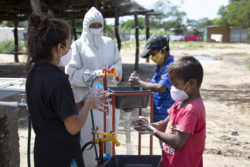
Localization is a very similar concept. When we design projects, in Haiti, Colombia, or Peru, we need to make sure the individuals we’re seeking to help are actively involved in the process. Doing so helps us avoid cultural misunderstandings that can hurt the effectiveness of our programming.
MI Americas employs a roster of experts – doctors, specialists in nutrition, water, sanitation, and hygiene (WASH), and humanitarians – but a nutritional program in Cite Soleil in Haiti will by nature be different from one in La Guajira, Colombia. Societal structures, gender dynamics, or simply locally available food sources may be different. Thanks to our localization efforts, our solutions to some of the Americas’ most pressing problems – like hunger and access to clean water and healthcare – will be innovative because we are proactive in including as many local elements in designing and implementing
our programs as possible.
Similar to cash distributions, localization comes down to trust: by proactively including the local population and organizations in our programming, we build trust within the community. For example, when our experts train one member of the Wayuu community in safe hygiene principles, the newly trained community member can train others and the cycle repeats.
In turn, localization enables us to create ‘force multipliers,’ meaning your donations have a greater impact!
Supporter Spotlight: Peter Kellner, KM
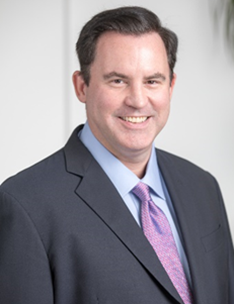 As a child, Peter Kellner was taught a few key lessons that continue to drive him today, the first being to work hard and to be self- sufficient. Equally important, he’s learned the indispensability of community and the need to take care of others who are less fortunate. Third – imbued with a sense of mission and service for God (faith is an essential pillar for his family) – he’s dedicated his time on earth to serving others since a very young age.
As a child, Peter Kellner was taught a few key lessons that continue to drive him today, the first being to work hard and to be self- sufficient. Equally important, he’s learned the indispensability of community and the need to take care of others who are less fortunate. Third – imbued with a sense of mission and service for God (faith is an essential pillar for his family) – he’s dedicated his time on earth to serving others since a very young age.
He has lived on five continents in some of the same countries where Malteser International (MI) works, which has allowed him to see much of the suffering we aim to alleviate for so many marginalized communities. He quickly came to grips with the inequalities in healthcare, lack of economic opportunities, clean water, sanitation, and education these folks face – many of which we take for granted in the developed world. In realizing the depth of these inequalities and their capacity to traumatize entire communities trapping them in cycles of systemic poverty he began to volunteer with children living in poverty.
Feeling that we live in a world conditioned to turn its back on those most in need, Peter wanted to do more and change the narrative. In 1996, he established Endeavor, an organization created to support high-impact entrepreneurs and scale their ideas globally in a wide range of sectors, including healthcare, agriculture, education, human rights, and the environment. Founded on the concept of “paying it forward,” past benefactors of Endeavor either become board members of the organization or continue to be active participants in Endeavor’s activities to mentor the next generation.
Peter was invested in the Order of Malta American Association in 2014, where he learned of the important work of MI and MI Americas. Through his experiences in some of the poorest countries of the world and a deep understanding of the cycle of poverty, he was inspired by our work in Colombia, Haiti, Mexico, and Peru. These humanitarian projects, coupled with development-oriented projects, address immediate and long-term needs with the aim of breaking cycles of poverty.
Peter generously supports MI Americas because he knows firsthand that agricultural programs – like our food security programs in Colombia and Haiti – help build sustainable livelihoods for entire communities and are vital first steps in helping them provide for themselves.
